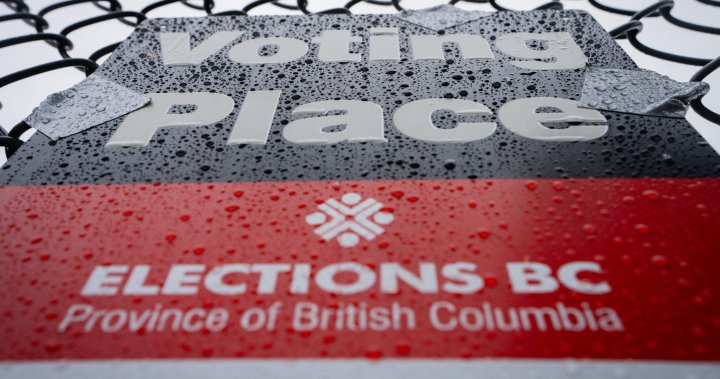In the recent B.C. election, all former BC United candidates who ran as independent or unaffiliated are projected to lose their seats, including five incumbent MLAs. This result marks the end of the road for the BC Liberals, who were once the official opposition but threw their support behind the BC Conservatives due to declining poll numbers. Some notable losses include longtime MLAs Mike Bernier, Tom Shypitka, and Karin Kirkpatrick. Despite nearly retiring from politics, Kirkpatrick mounted an independent run after the BC United campaign fell apart.
The five former United MLAs who lost their races were defeated by Conservative candidates, many by significant margins. Following the suspension of the BC United campaign, the Conservative Party and United candidates worked together to form a strong slate to challenge the incumbent BC NDP. While the majority of former United candidates aligned with the Conservatives, a few chose to continue their campaigns independently, positioning themselves as more centrist compared to the right-wing Conservatives. Notably, the BC United party was originally known as the BC Liberals and rebranded in 2023 after facing electoral setbacks and wanting to distance themselves from the federal Liberal Party.
In this election, there was a record number of 40 independent and unaffiliated candidates, with six of them being incumbent MLAs. Despite their experience and incumbency, these independent candidates faced an uphill battle, as British Columbians have historically been hesitant to elect candidates without party affiliation. Only one independent MLA, Vicki Huntington, has been elected in the province since the mid-20th century. In races like Ladysmith-Oceanside where former NDP member Adam Walker ran as an independent and Prince George-Mackenzie where unaffiliated candidate Rachael Weber lost to NDP and Conservative opponents, respectively, the lack of party affiliation proved challenging.
The defeat of former United candidates in this election showcases the challenges faced by independent and unaffiliated candidates in the B.C. political landscape. Despite the efforts of these candidates, the majority of seats were won by Conservative candidates, signaling a shift to the right in the province. The political dynamics in B.C. have seen a reshuffling of parties and candidates, with the NDP gaining ground and former Liberals rebranding as BC United. This election also highlighted the influence of party affiliation on voter support and the difficulty faced by independent candidates in gaining traction in an increasingly polarized political environment.
Looking ahead, the B.C. political landscape will likely continue to evolve as parties realign and new candidates enter the fray. The results of this election have solidified the position of the BC Conservatives as a significant force in the province, with many former United candidates aligning with the party to challenge the NDP. The rejection of independent and unaffiliated candidates in this election underscores the importance of party affiliation and the challenges faced by those who run without the backing of a major political party. As British Columbians navigate a changing political landscape, the impact of this election will be felt in the years to come.


